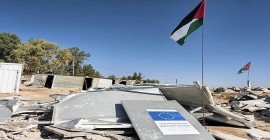Chinese Souvenirs Flood Palestinian Market
According to Palestinian owners of gift shops in Bethlehem, they are being forced to replace the Palestinian handmade souvenirs they are used to selling with souvenirs made in China in order to meet the tourists’ demand for less expensive souvenirs.
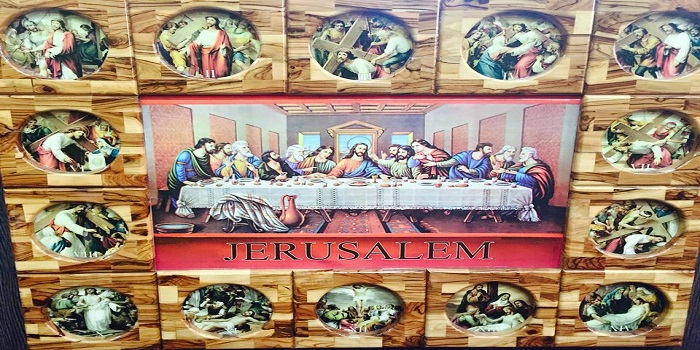
Ansar Tomizy – Palestine Economy Portal
Translated by: Tamara Barakat
Many samples of Palestinian handmade souvenirs were sent by merchants to China, only to return to Palestine in a more beautified and less expensive form, and take over the gift shop shelves in Bethlehem.
One of the best examples of this are leather products, for which Hebron is famous. These products were replicated in China with less quality, a more beautiful design, and a smell that is more pleasant than that of natural leather. They were positively welcomed and liked by the tourists who usually cannot tell the difference between Palestinian- and Chinese-made products. They opt to buy the cheaper souvenirs, or whatever souvenir is available in the store, the majority of which are made in China.
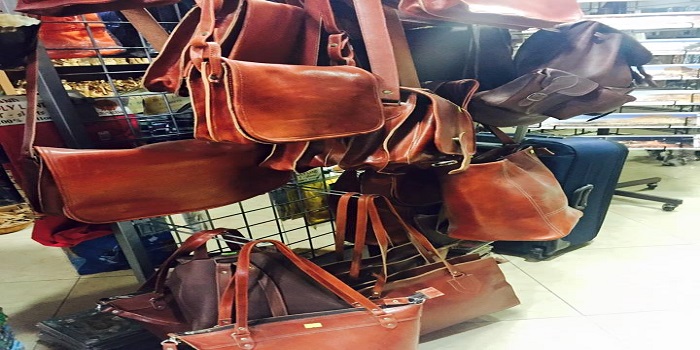
Facilities Forced to Shut Down
Many of the craft workshops were forced to close because of the flood of Chinese products into the market, and the reluctance of the merchants to sell local handmade souvenirs due to the high demand on Chinese souvenirs. According to Abu Afeef, a merchant, the merchants want to sell their products, the tourists cannot differentiate between the Palestinian- and Chinese-made products, and they only want a souvenir to remind them of the place they visited, for a cheap price.
The problem is not limited to leather products solely. There is a store that sells handmade shell prayer beads that recently closed its door. According to Abu Wissam, a merchant, the store closed because the workshop that provided it with the prayer beads closed as the market was flooded with beads made in China.
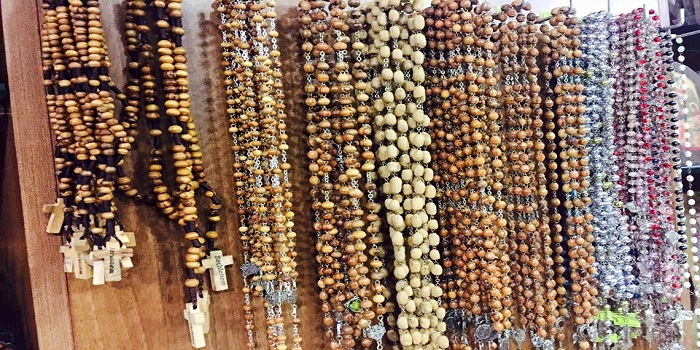
Some Survived, Some Didn’t
The only handmade industry that survived is that of wood souvenirs made out of olive tree barks. Fortunately for the Palestinian workshop owners, China does not have any olive tree wood, and so, this industry remains standing in the face of the flood of Chinese products into the market.
However, this will not last for long. According to Costa Kanawati, Chair of the Union of Merchants of Oriental Souvenirs, it was discovered that a group of merchants is currently exporting wood from Australia to China in order to make replicas of the Palestinian wood souvenirs as well.
Kanawati believes that the phenomenon of souvenir replication cannot be controlled, especially since the Palestinian side has signed on a free trade agreement, and any step taken into the direction of preventing these Chinese products from entering into the Palestinian market will affect the relationship between the two countries.
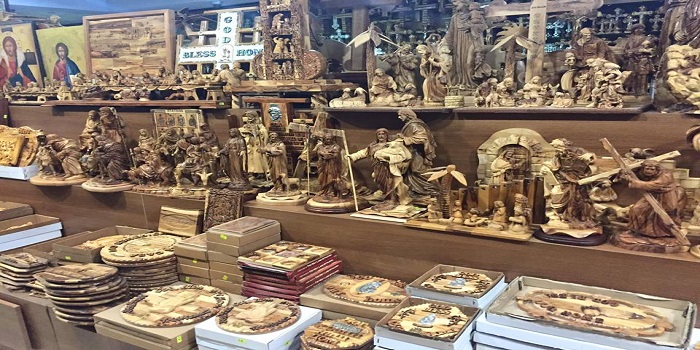
Possible Solutions
In order to protect the Palestinian handmade products, Kanawati suggests that the specialized Palestinian parties should create a balance between the prices of the Chinese and the local products, through increasing the taxes placed on the Chinese ones, and decreasing the operational costs of the Palestinian ones. He says, “Nowadays, 'Al-Khawaja’ (the employer) does not pay the employees as much as he used to.”
Kanawati also mentioned that stores selling Oriental souvenirs suffer from high operational costs due to the permits that they have to obtain from the Ministry of Tourism, the Ministry of Economy, and the Municipality, as well as because of the expenses resulting from rent, employee salaries, and electricity bills. This situation is even worse during the months of recession, when only ten tourists visit the city every month. The current tension in the Palestinian security conditions, especially, has led many tourists to cancel their trips to the Holy Land.
Azmi Abd Al-Rahman, the Director-General of Policy and Economic Studies in the Ministry of Economy, said that the policies of the Ministry focus on supporting the national product legally and financially and increasing its market share.
He explains that the Ministry of Economy is implementing industrial cluster projects in five sectors, one of which is the craft industry in Bethlehem and Jerusalem. The project aims to support the production of promising and national products, improve the competitiveness of the national products against the imported products, and enhance their production.
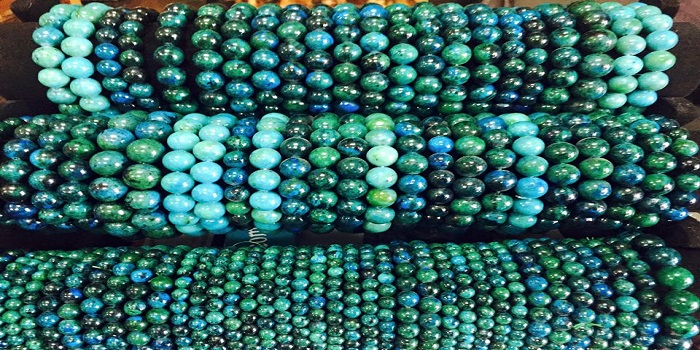
A Dark Fate
According Bashar Al-Mashni, Manager of the TAJ Cluster, many crafts have become “extinct.” He emphasized that many Palestinian crafts are no longer practiced, and only 6 or 7 out of 15 crafts remain standing. This resulted from the high competition with products imported from China and India. This competition results from the low prices of these products, and not from their quality. The lack of awareness among merchants about the dangers of flooding the market with these products will harm the local Palestinian market.
Al-Mashni added, in an exclusive interview with the Palestine Economy Portal, that the lack of a local or international market that would sell the Palestinian handicrafts would lead craftspeople to stop making them, and instead open stores to sell Chinese made products.
Moreover, the TAJ Cluster works on supporting craftspeople, enhancing their skills, training them, improving their designs to make them more modern, and helping them expand into new markets.
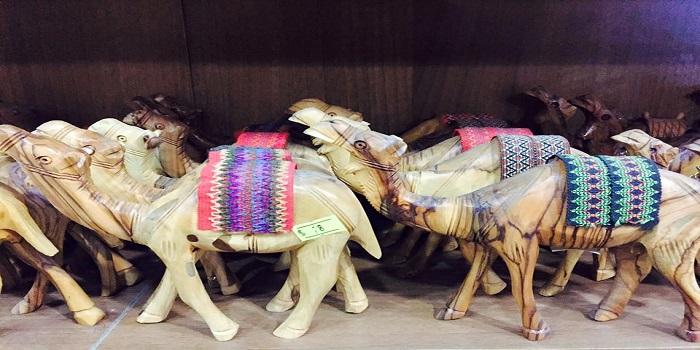
Punishments for Fraud
What is even more dangerous is that these imported products are marketed as national products, especially since the majority of them do not have any tags that show their country of origin.
Despite the fact that marketing products without a label written in Arabic in the Palestinian market violates the law, as stated in Article 12 in the Customer Protection law, such products are found in the Palestinian market, in areas that are under the control of the Palestinian Government. According to Abd Al-Rahman, the punishment for such a violation is to take the lawbreakers to the court.


